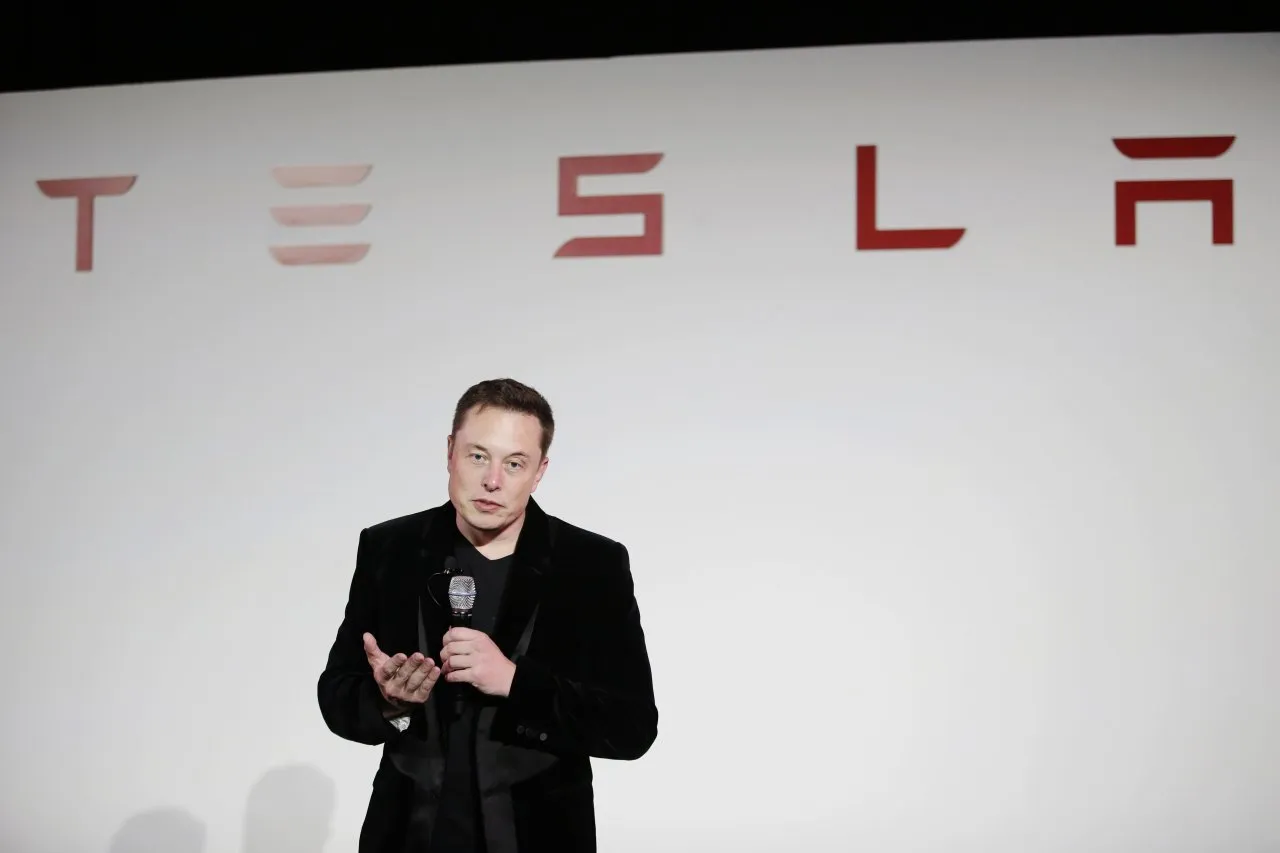Table of Contents
Elon Musk’s decision to step back from his White House role comes at a pivotal moment for both his business empire and the U.S. political scene. As Tesla’s stock reels from historic losses and Musk’s Department of Government Efficiency (DOGE) faces mounting scrutiny, the billionaire’s shifting focus is reshaping conversations about government reform, corporate leadership, and the intersection of business and politics.
Key Takeaways
- Elon Musk is winding down his physical presence at the White House, transitioning from full-time DOGE leadership to a more remote, advisory role.
- Tesla’s stock has suffered a dramatic decline-down over 40% year-to-date-amid concerns about Musk’s political entanglements and declining global sales.
- DOGE claims $160 billion in government savings, but independent analysis suggests the initiative may actually cost taxpayers $135 billion this fiscal year.
- The 2025 Wisconsin Supreme Court election, the most expensive judicial race in U.S. history, became a referendum on Musk’s political influence and spending.
- Musk’s evolving government role and the controversy surrounding DOGE have sparked debate about the boundaries of private sector involvement in public administration.
- Despite stepping back, Musk’s team remains active in Washington, and he continues to advise the Trump administration remotely.
- The White House maintains that Musk’s transition was always planned, aiming to allow him to refocus on Tesla and other ventures.
- Critics question the lasting impact and legality of Musk’s government role, given his status as a “special government employee.”
- The fallout from these events is likely to shape both federal policy and the future of Musk’s business interests.
Elon Musk’s Departure from the White House: What’s Changing?
- Elon Musk, once a frequent presence in the West Wing and a driving force behind the Department of Government Efficiency (DOGE), is no longer operating physically from the White House.
- White House Chief of Staff Susie Wiles confirmed that Musk’s shift to remote work “really doesn’t matter much” for achieving DOGE’s objectives, as his team remains active in the Eisenhower Executive Office Building adjacent to the West Wing.
- Musk’s transition marks the end of his formal, unpaid government tenure, which was always intended to be temporary, allowing him to redirect his focus to Tesla after “his remarkable work at DOGE.”
- Despite stepping back, Musk will continue to advise President Trump and the administration by phone, stating, “I believe I will continue to dedicate a day or two each week to government matters as long as the president wishes me to and as long as it remains beneficial.”
- Musk’s role as a “special government employee” allowed him to maintain his business interests while serving in government, but also raised questions about the legality and ethics of such an arrangement.
- The move was prompted in part by mounting business pressures at Tesla and growing controversy over Musk’s political activities and influence.
Tesla’s Stock Plunge: Political Fallout and Market Realities
- Tesla’s stock has experienced a steep decline, dropping over 40% year-to-date, and as much as 53% from its recent highs, fueled by disappointing sales in Europe, China, and the U.S.
- Analysts attribute the downturn to several factors, including lower vehicle deliveries, reduced profit margins due to price cuts, and widespread protests against Musk’s political connections and budget-cutting initiatives.
- Wells Fargo projects a further 25% drop in Tesla’s earnings by 2025, citing a slowdown in global sales and ongoing reputational challenges.
- The stock’s volatility has been exacerbated by Musk’s dual roles in business and government, with investors expressing concern that political distractions are undermining Tesla’s core operations.
- Despite the downturn, some analysts note that Tesla has historically rebounded from similar declines, though skepticism remains high given the current political climate and operational headwinds.
- Musk has indicated that he will “dedicate significantly more of my time to Tesla” in the coming months, a move that triggered a modest rebound in the company’s stock price after his White House exit was announced.
DOGE’s $160 Billion Savings Claim: The Real Cost to Taxpayers
- The Department of Government Efficiency (DOGE), spearheaded by Musk, claims to have saved $160 billion by rooting out wasteful or fraudulent government spending.
- However, a new analysis by the Partnership for Public Service (PSP) estimates that DOGE’s actions will actually cost taxpayers $135 billion this fiscal year, largely due to paid leave for tens of thousands of federal employees, rehiring mistakenly fired workers, and lost productivity.
- The $135 billion figure does not account for the expense of defending multiple lawsuits against DOGE or the impact of lost tax collections from IRS staff cuts.
- DOGE’s signature “deferred resignation plan” allowed many government workers to retain full pay and benefits through September without working, while 24,000 fired employees have since been rehired after a court ruling.
- Critics argue that the true impact of DOGE’s reforms is unclear, with government spending actually increasing in most areas except foreign aid and education.
- Musk has nonetheless expressed confidence that DOGE has made “sufficient progress” to decrease the federal deficit by a trillion dollars, though independent verification remains elusive.
Wisconsin Supreme Court Election: Musk’s Political Influence Tested
- The 2025 Wisconsin Supreme Court election became the most expensive judicial race in American history, with nearly $100 million spent and Musk contributing over $25 million to support conservative candidate Brad Schimel.
- Liberal-backed Susan M. Crawford defeated Schimel, maintaining the court’s 4–3 liberal majority and delivering a symbolic rebuke to Musk’s efforts to sway the outcome.
- Crawford’s victory speech directly called out Musk’s influence, declaring, “Wisconsin stood up and said loudly that justice does not have a price. Our courts are not for sale.”
- The race drew national attention, highlighting the growing role of billionaire spending in judicial elections and the backlash against perceived attempts to “buy” the courts.
- Musk’s campaign tactics, including distributing million-dollar checks to voters who signed petitions, sparked legal challenges and further controversy.
- The court’s upcoming decisions on abortion rights, redistricting, and voting rules will have significant implications for both state and national politics.
Business, Politics, and the Limits of Influence
- Musk’s simultaneous leadership of Tesla, DOGE, and his involvement in high-stakes political campaigns has fueled debate about the appropriate boundaries between business and government.
- His status as a “special government employee” enabled him to maintain multiple business interests while serving in government, but also exposed him to criticism over conflicts of interest and the propriety of his actions.
- The controversy surrounding DOGE’s true cost, the backlash in Wisconsin, and Tesla’s stock decline underscore the risks of blurring the lines between private ambition and public service.
- As Musk steps back from his formal White House role, the long-term impact of his government reforms and political spending remains uncertain.
- The events of 2025 may serve as a cautionary tale for future business leaders seeking to wield influence in Washington, highlighting the potential for both rapid gains and costly setbacks.
Elon Musk’s retreat from the White House marks a turning point for his business and political ambitions, as scrutiny intensifies over the true impact of his government reforms and the fallout from his unprecedented spending in judicial politics. The coming months will reveal whether Musk’s recalibrated focus on Tesla and remote government advising can restore investor confidence and redefine the boundaries of billionaire influence in American democracy.
Sources consulted: CNN, Yahoo, CBS News, WSJ, CNBC, BBC, USA Today








